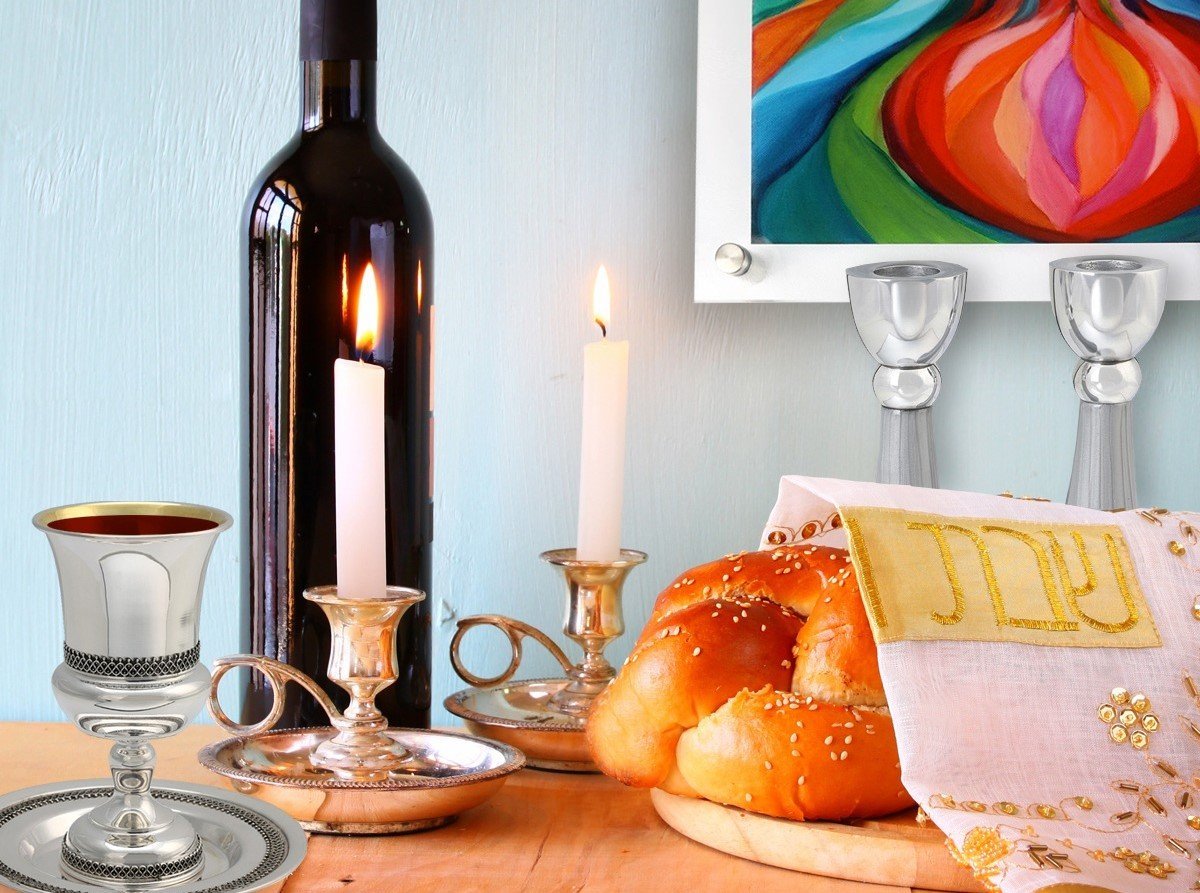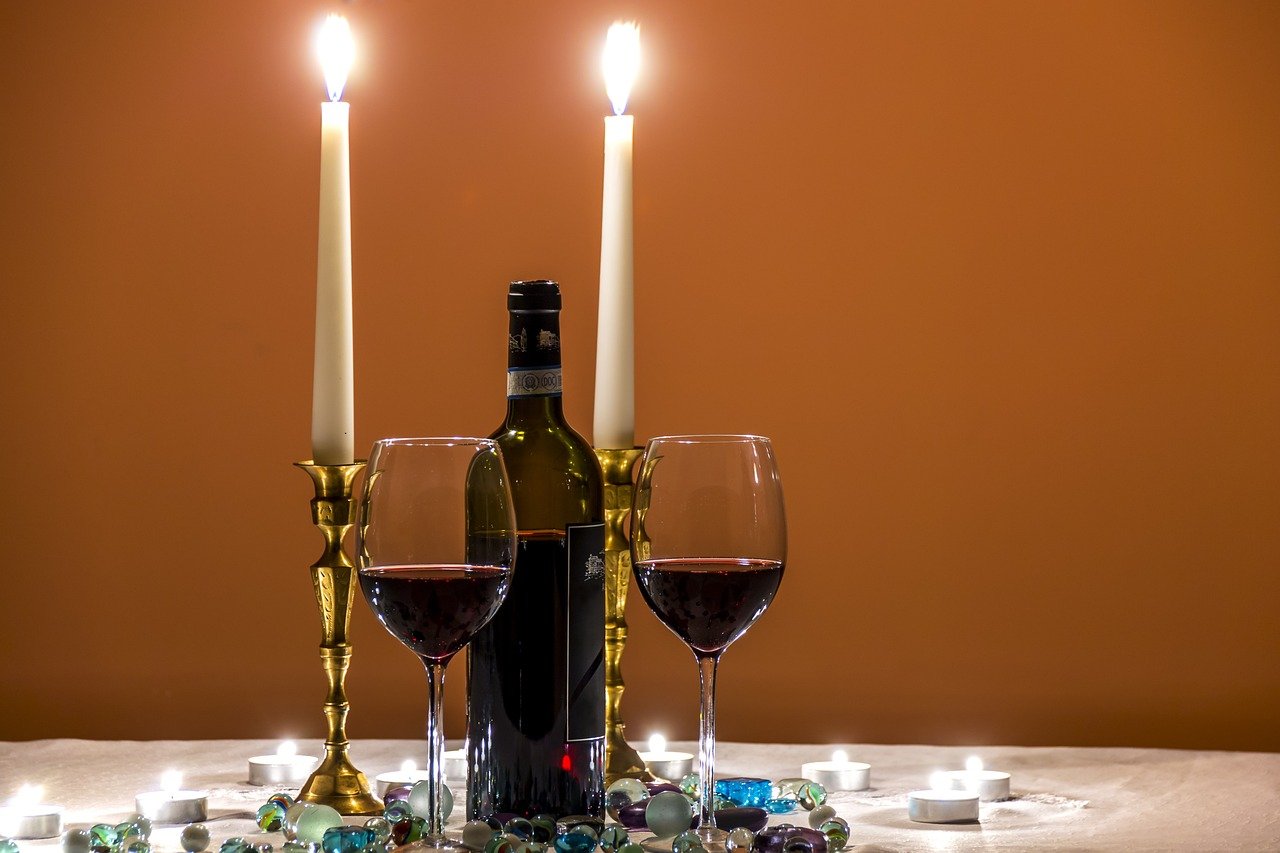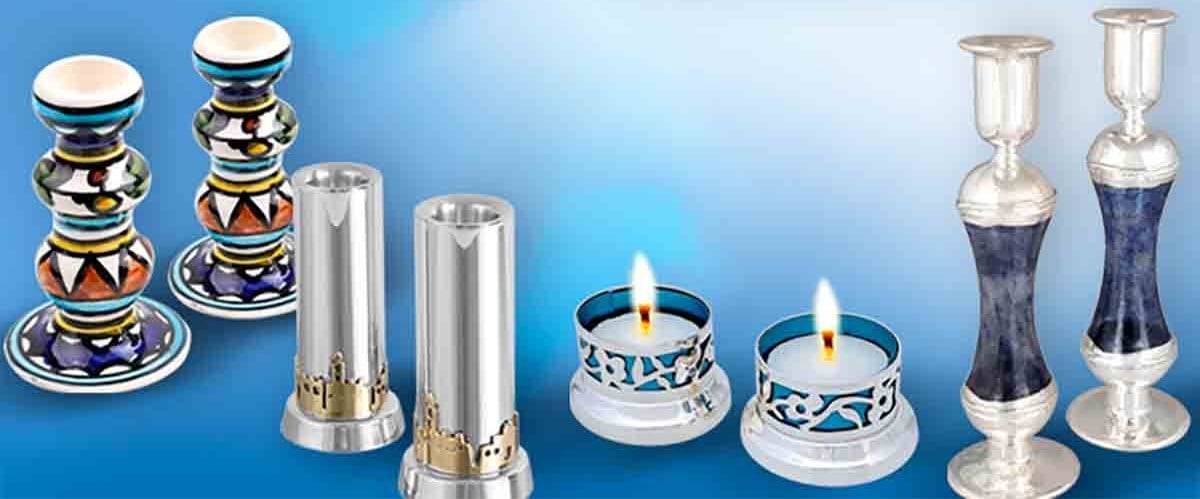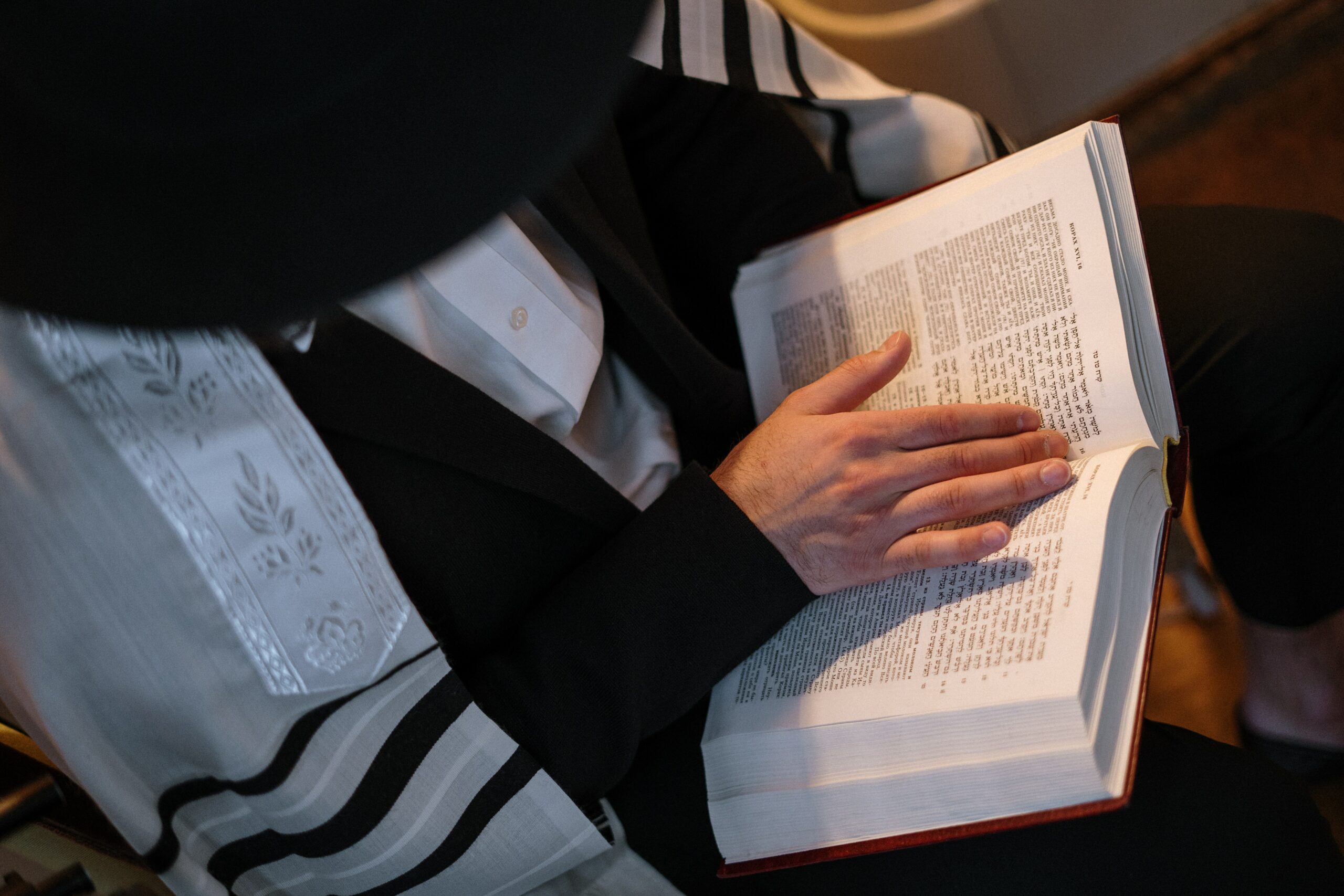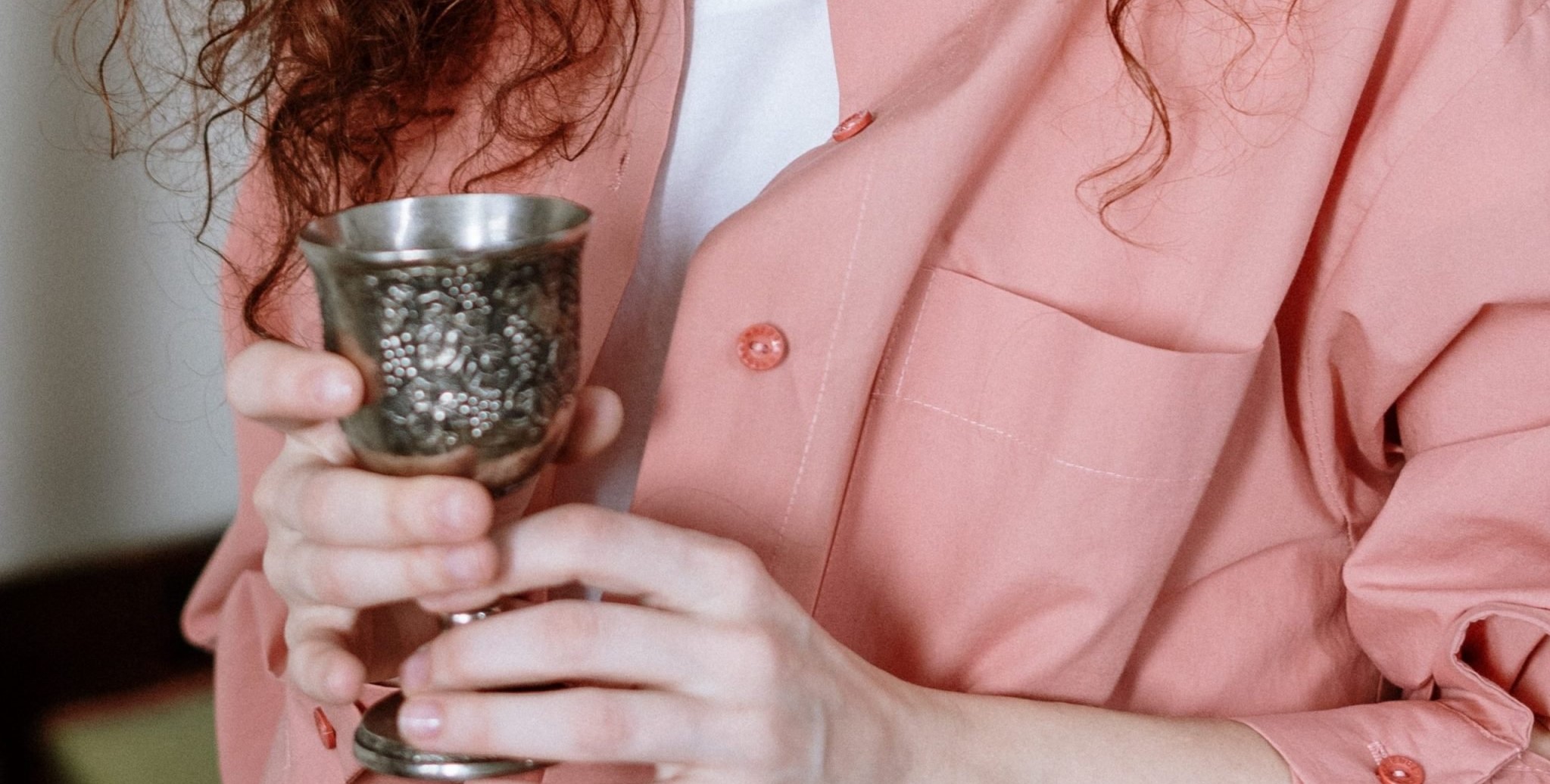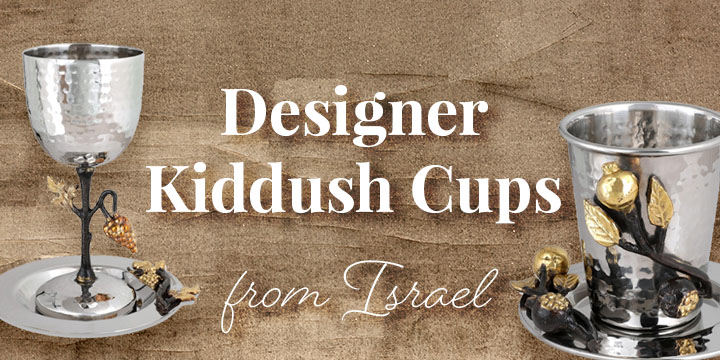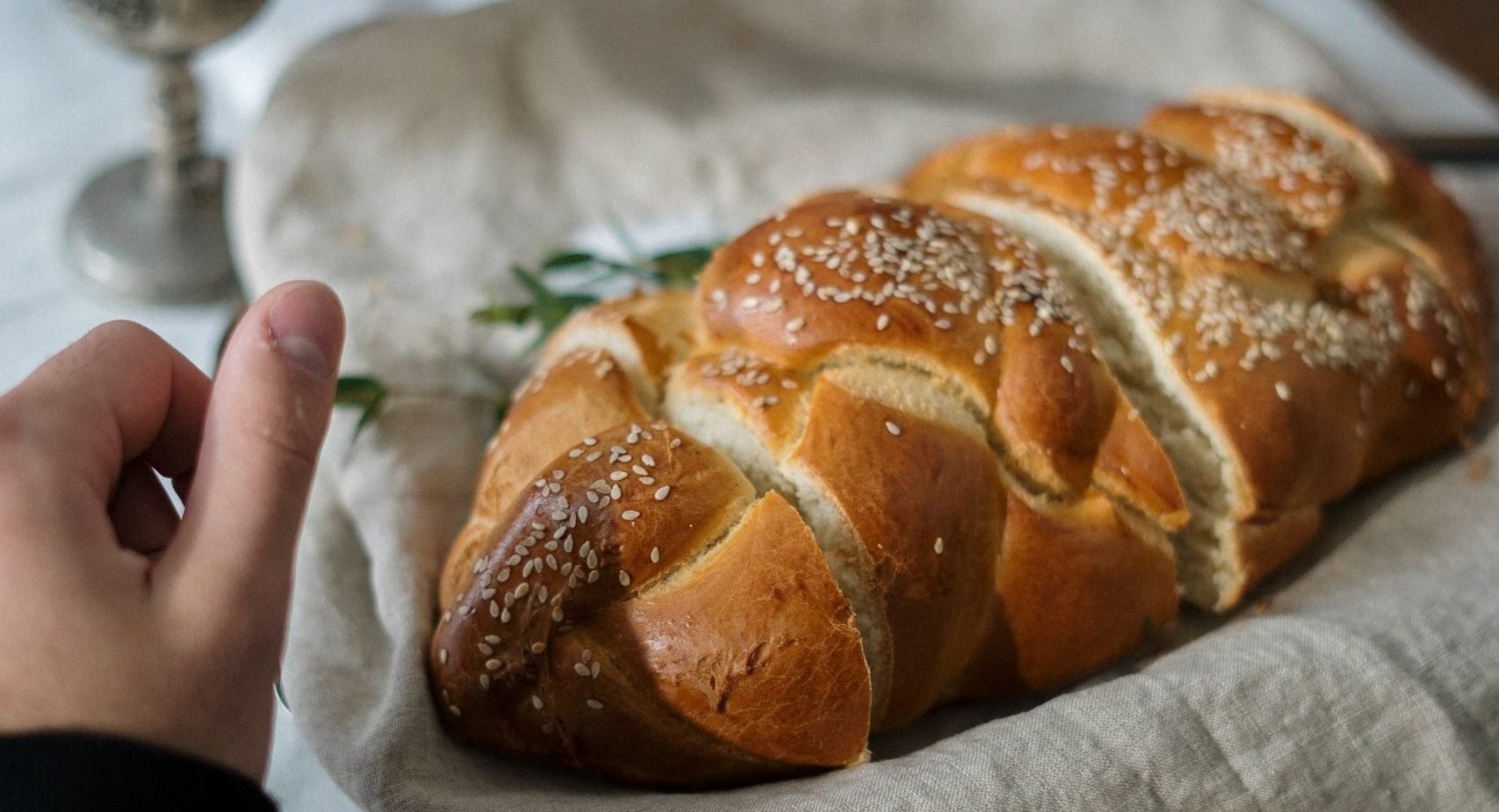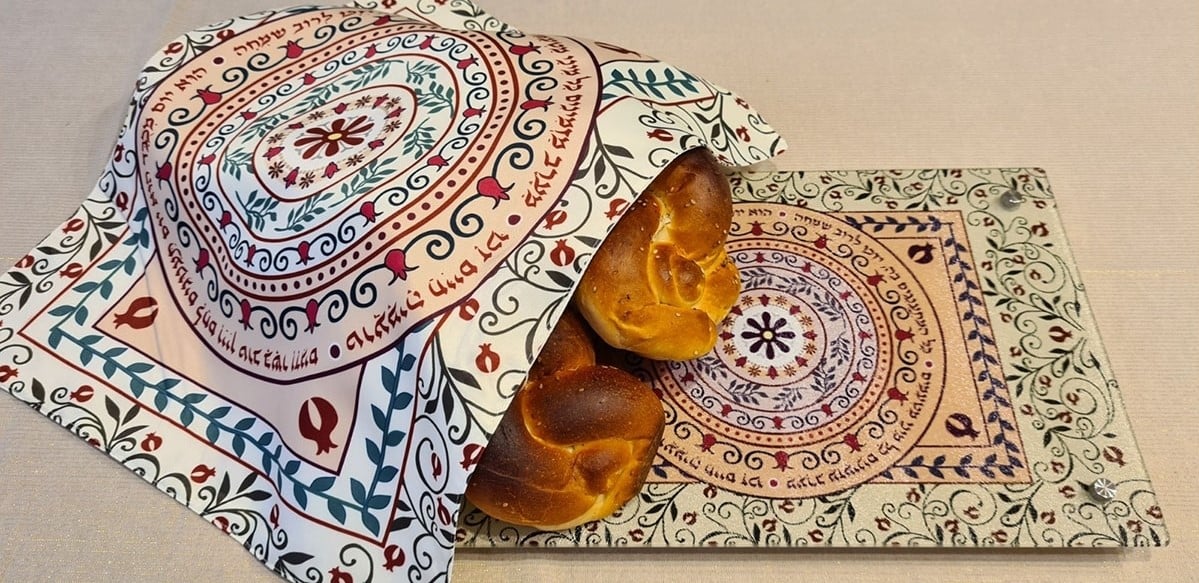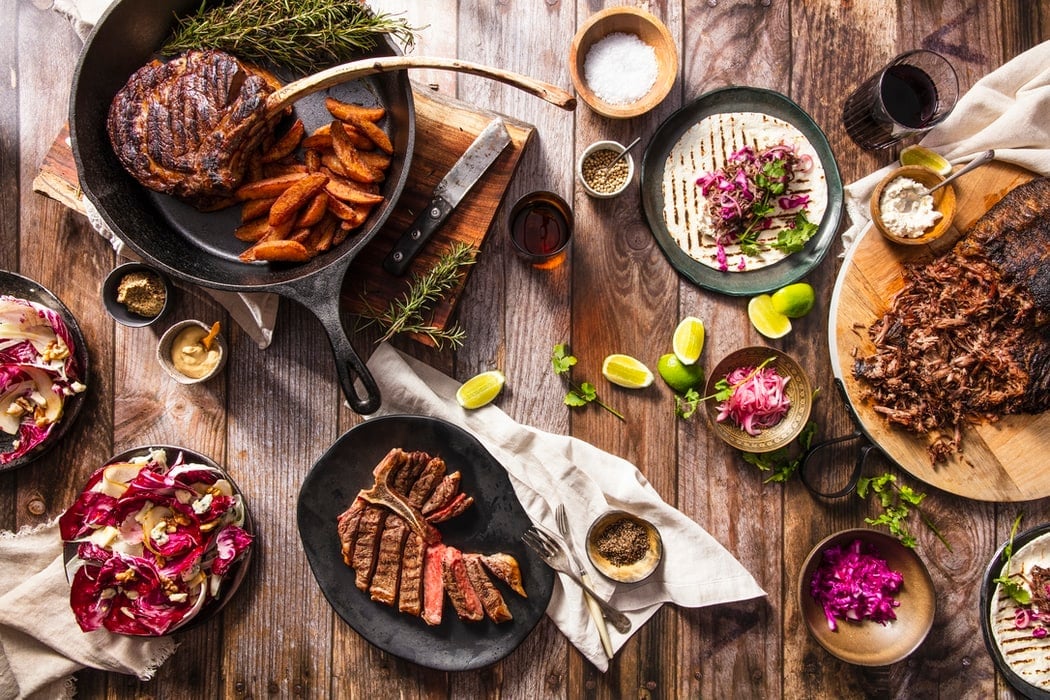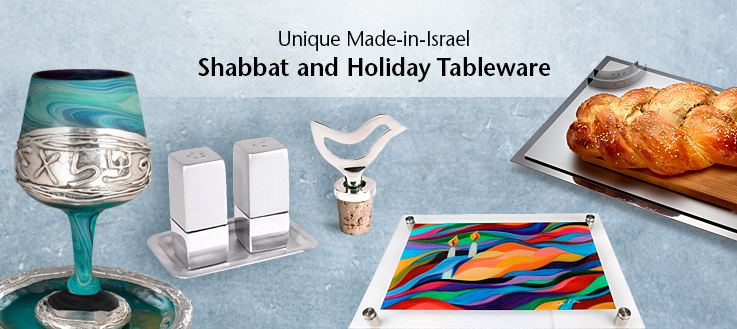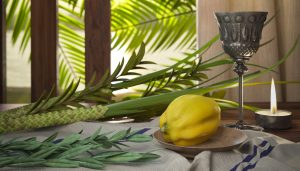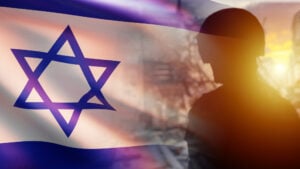Once prayers are finished, many people go to wherever they are eating Friday night dinner. It is traditional to get together with friends and family for Shabbat dinner, so it’s not always a given that someone will be eating in their own home. Before the meal begins, it is customary to sing Shalom Aleichem. Some families will also recite the blessing over the children at this point, or will sing Eshet Chayil. These are all customs, however, and are not mandated by Jewish law according to most rabbis… but always check with your own trusted rabbi when in doubt!
These customs are followed by Kiddush, or the blessing over the wine. Grape juice can also be used. The Hebrew word Kiddush literally means sanctification, and the reason we do this ritual is to sanctify Shabbat — a commandment that comes straight from the Torah (specifically the commandment to “remember” Shabbat). Kiddush is often said while standing, since it begins with a recitation of a passage from Genesis, though some families may have a custom to sit.
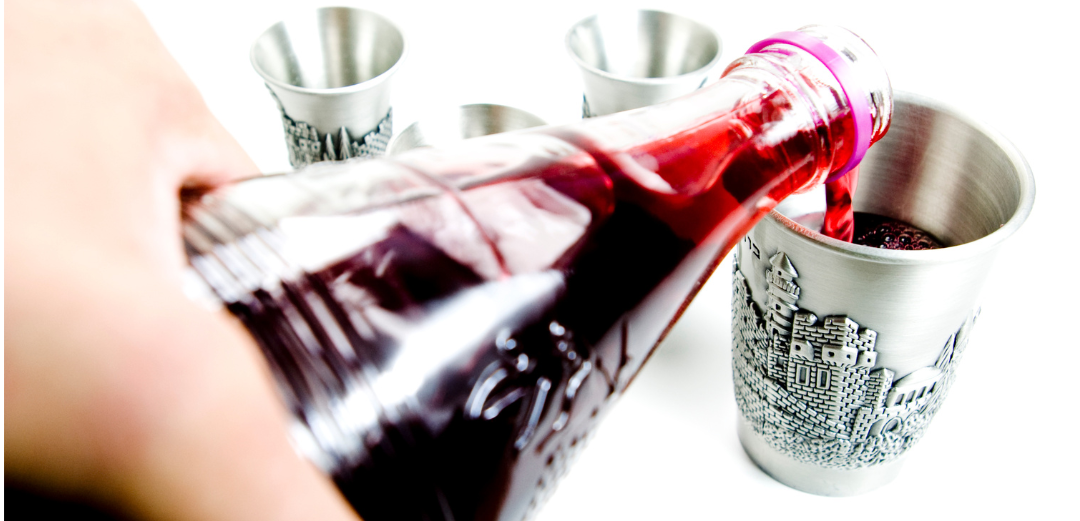
Like so many traditions in Judaism, there isn’t one universally agreed upon reason as to why wine or grape juice must be used to do Kiddush on Friday night. This became codified as law by the Sages of the Talmud between 150 and 500 C.E. Some believe that wine is used because of other passages in the Tanakh that say wine gladdens man and God, while others say that wine is used because Shabbat is understood to be like a bride, and wine is used to celebrate weddings.
Learn all the Shabbat songs, the Kiddush blessing, and the Grace after meals prayers with a convenient Birkon (Bencher) prayer book from famous Israeli religious publisher Koren.
And don’t forget to add a touch of the Land of Israel to your Kiddush with a traditional Kiddush cup from one of Israel’s top designers!
